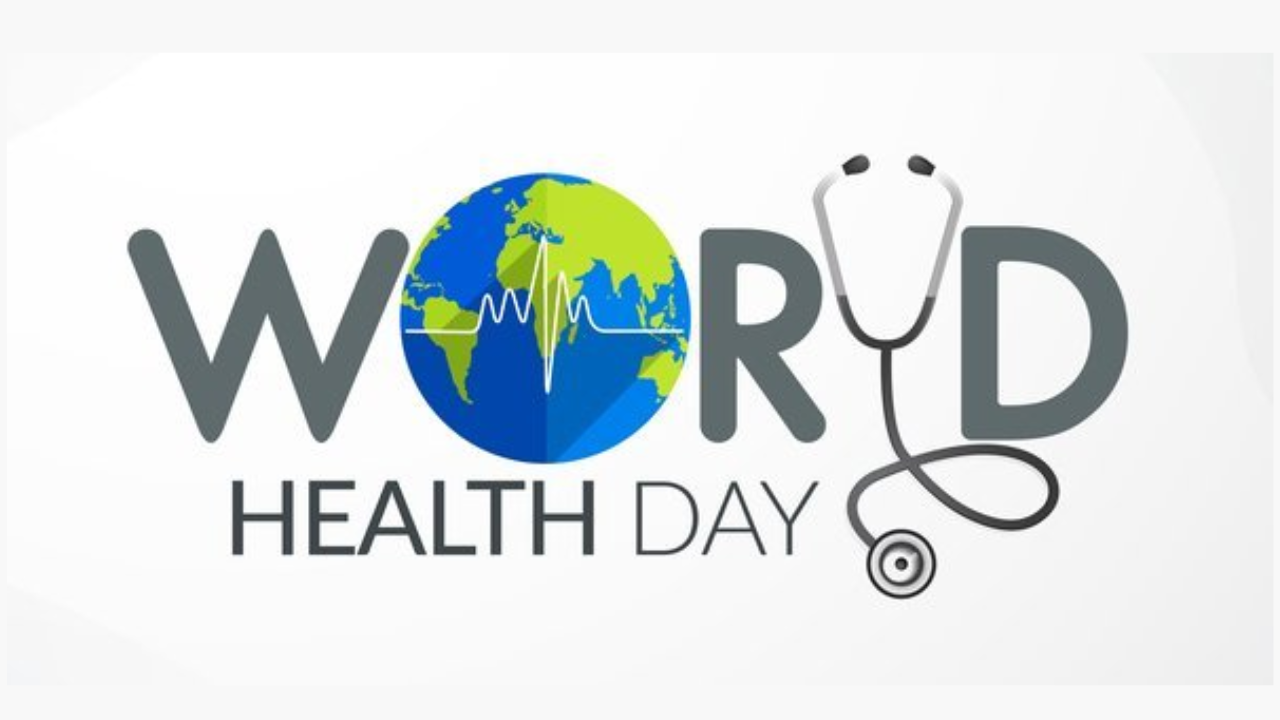
……Targets Training of 120,000 Frontline Health Workers
The Federal Government, through the Federal Ministry of Health and Social Welfare, has reaffirmed its commitment to reducing maternal and newborn mortality, emphasizing the urgent need for retraining frontline health workers.
Speaking on a Radio Nigeria Network news program, Dr. Iziaq Adekunle Salako stated that the theme for this year’s World Health Day, “Healthy Beginnings, Hopeful Futures,” aligns perfectly with President Bola Ahmed Tinubu GCFR’s manifesto agenda.

According to a press statement signed by Alaba Balogun, Deputy Director of Information and Public Relations on Monday, Dr. Salako highlighted the Health Sector Renewal Investment Initiative as a crucial mechanism for achieving universal health coverage.
“We are saving lives and preventing both physical and financial burdens,” he added.
Elaborating on the Ministry’s maternal and newborn health initiatives, Dr. Salako underscored the importance of training and retraining healthcare workers. He noted that the government aims to train at least 120,000 frontline workers, with 50% already trained.
“One of the key deliverables of the Federal Ministry of Health & Social Welfare within the Presidential Priorities is to reduce maternal mortality by at least 20% and infant mortality by at least 15% by 2027. To achieve this, healthcare professionals must be well-trained,” he emphasized.
Further underscoring the importance of capacity building, Dr. Salako stated that practitioners must provide evidence of continued professional development annually, in addition to renewing their practicing licenses.
Vaccine Security: Stakeholders Call for Sustainable Vaccine Financing in Nigeria
Regarding equitable access to maternal and newborn care nationwide, Dr. Salako assured Nigerians that the current administration is committed to expanding and developing primary healthcare centers.
He added: “We are implementing initiatives such as the Maternal & Neonatal Mortality Reduction Innovation Initiative (MAMI), which specifically targets high-burden local government areas with high maternal mortality rates. With these efforts, we are bringing maternal and child healthcare closer to the grassroots.”





